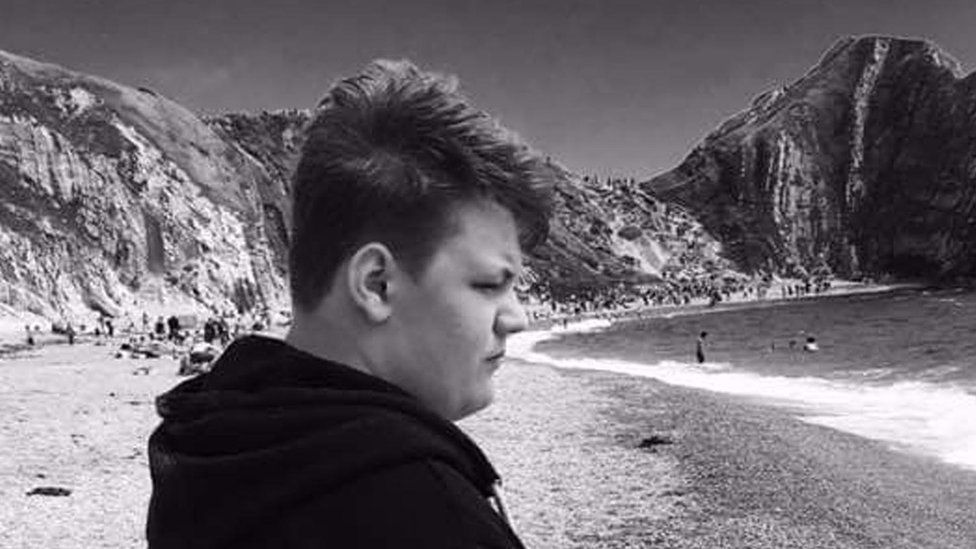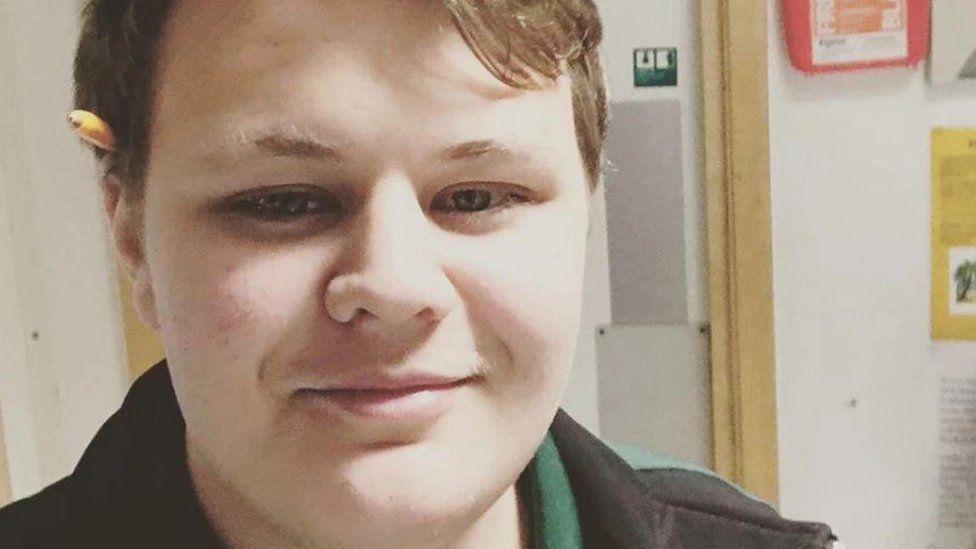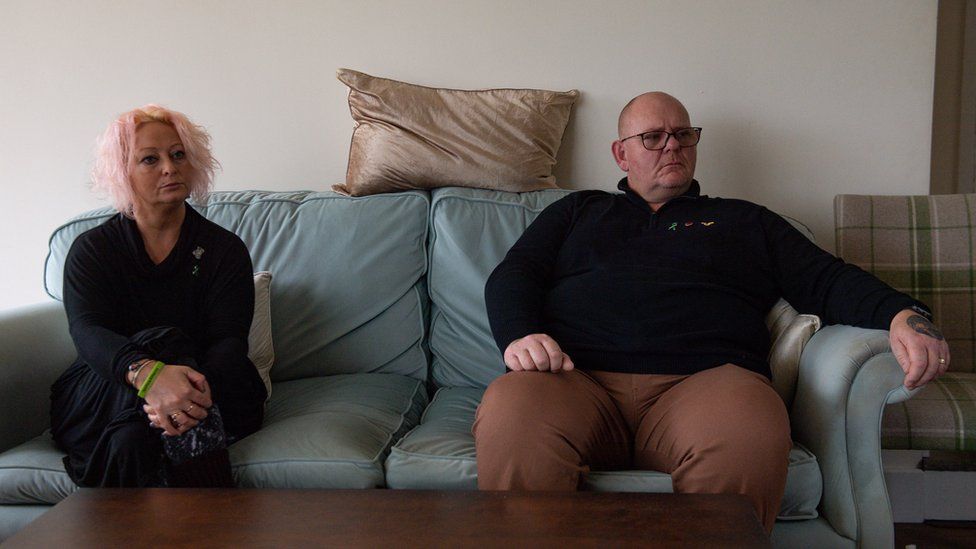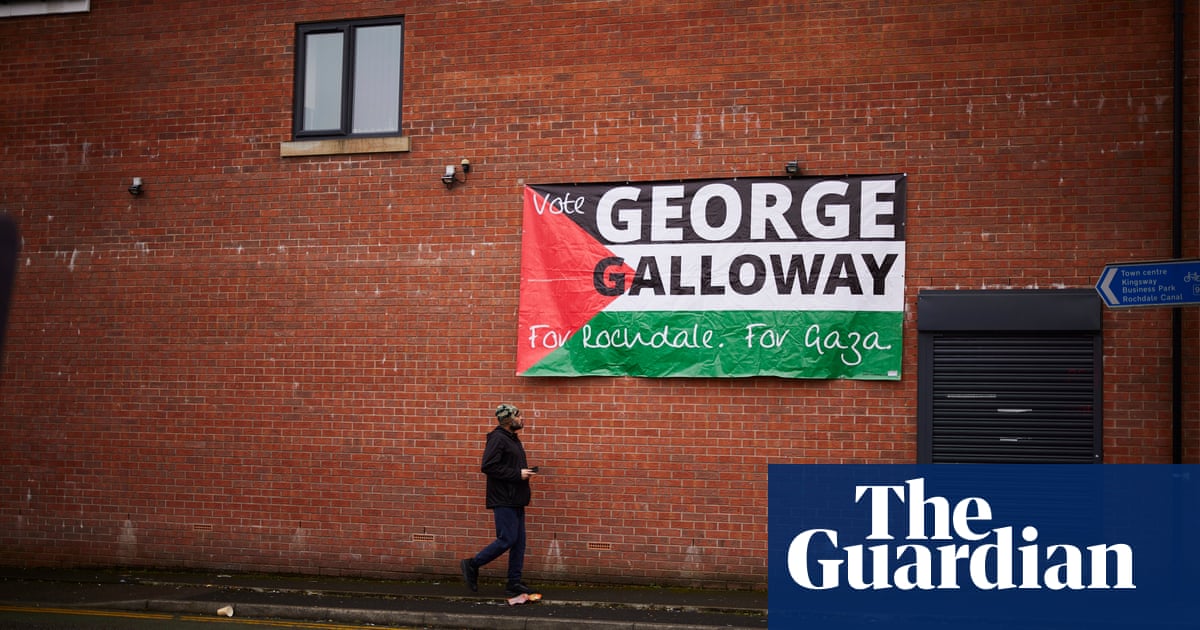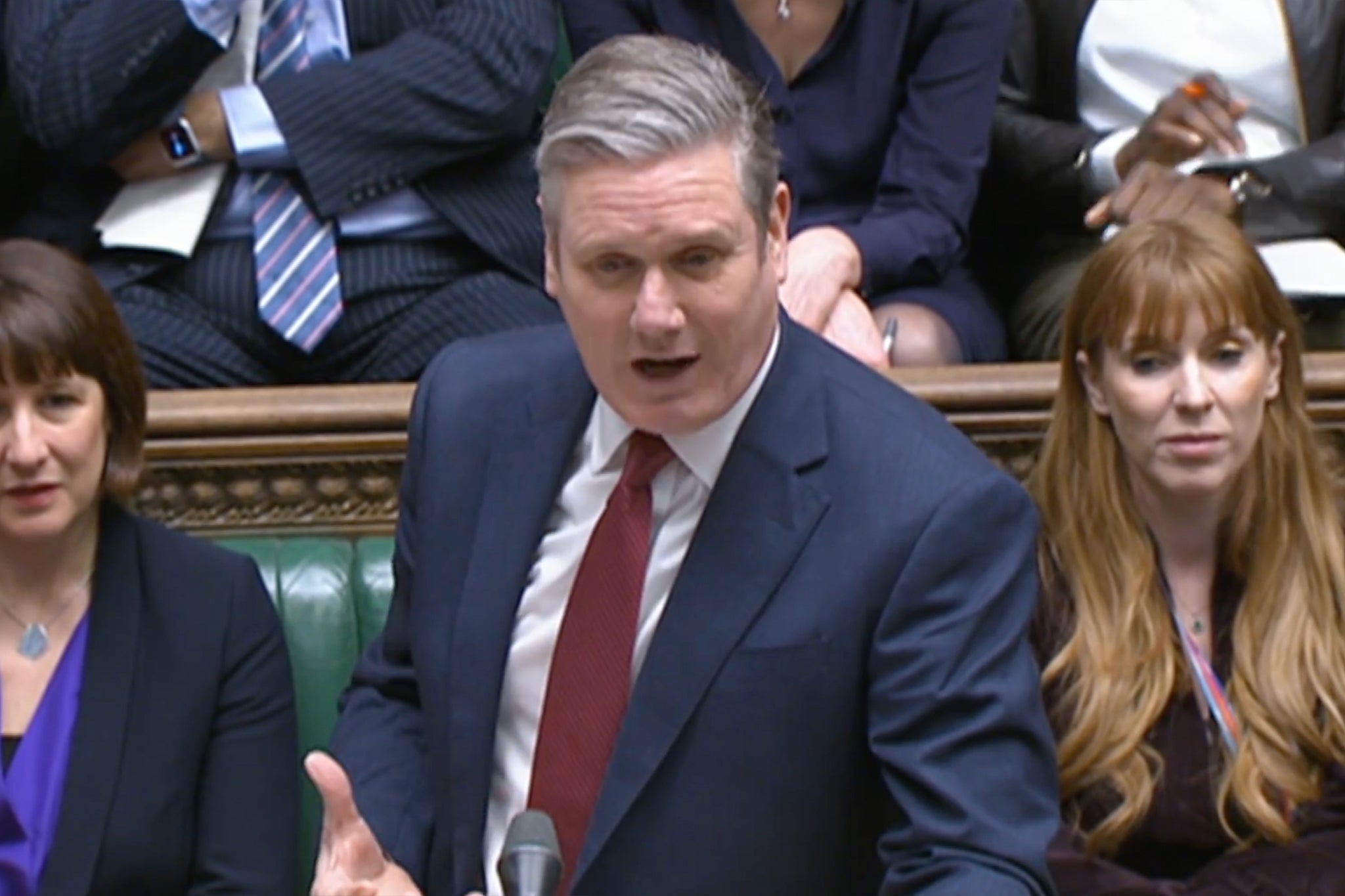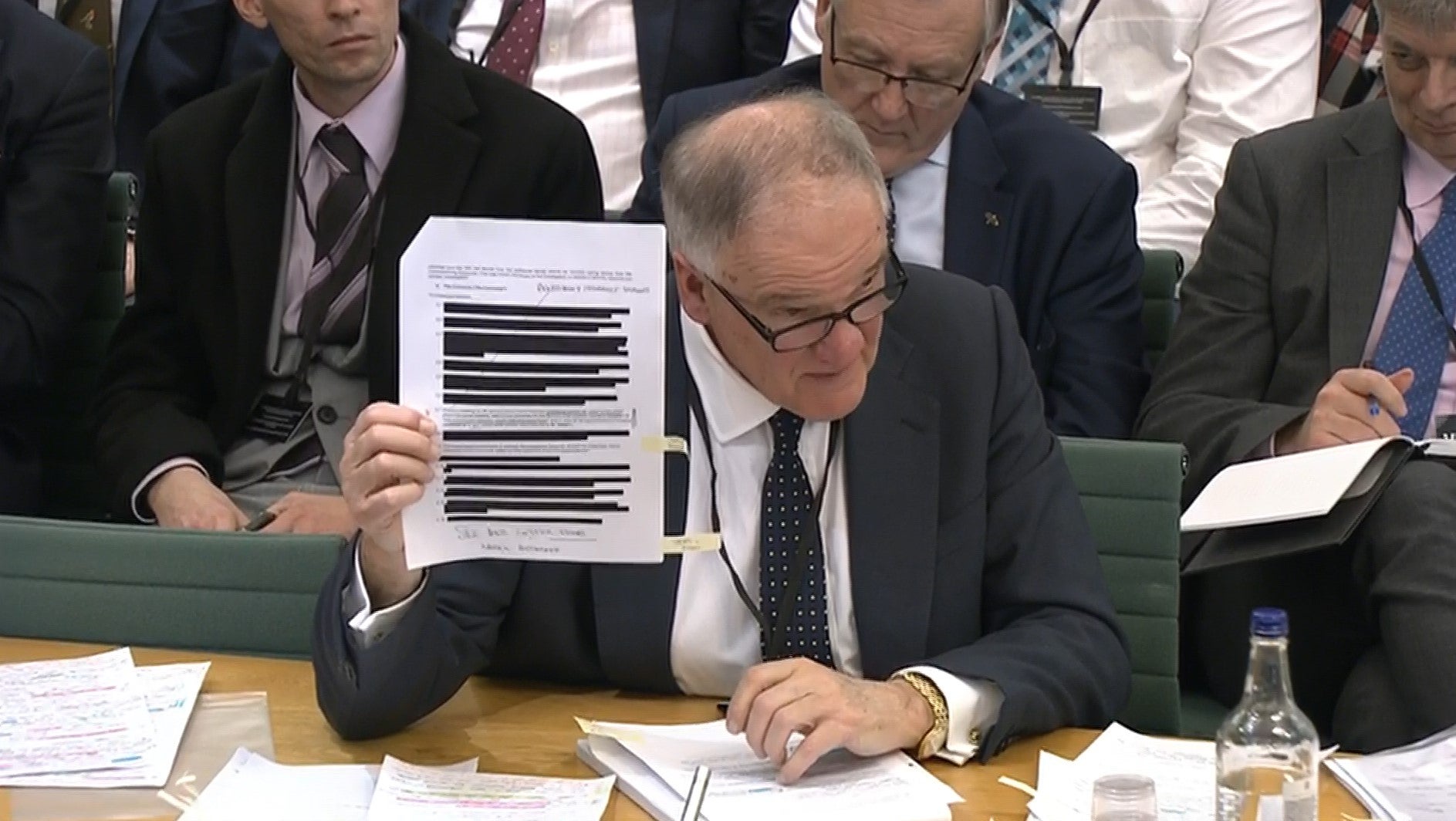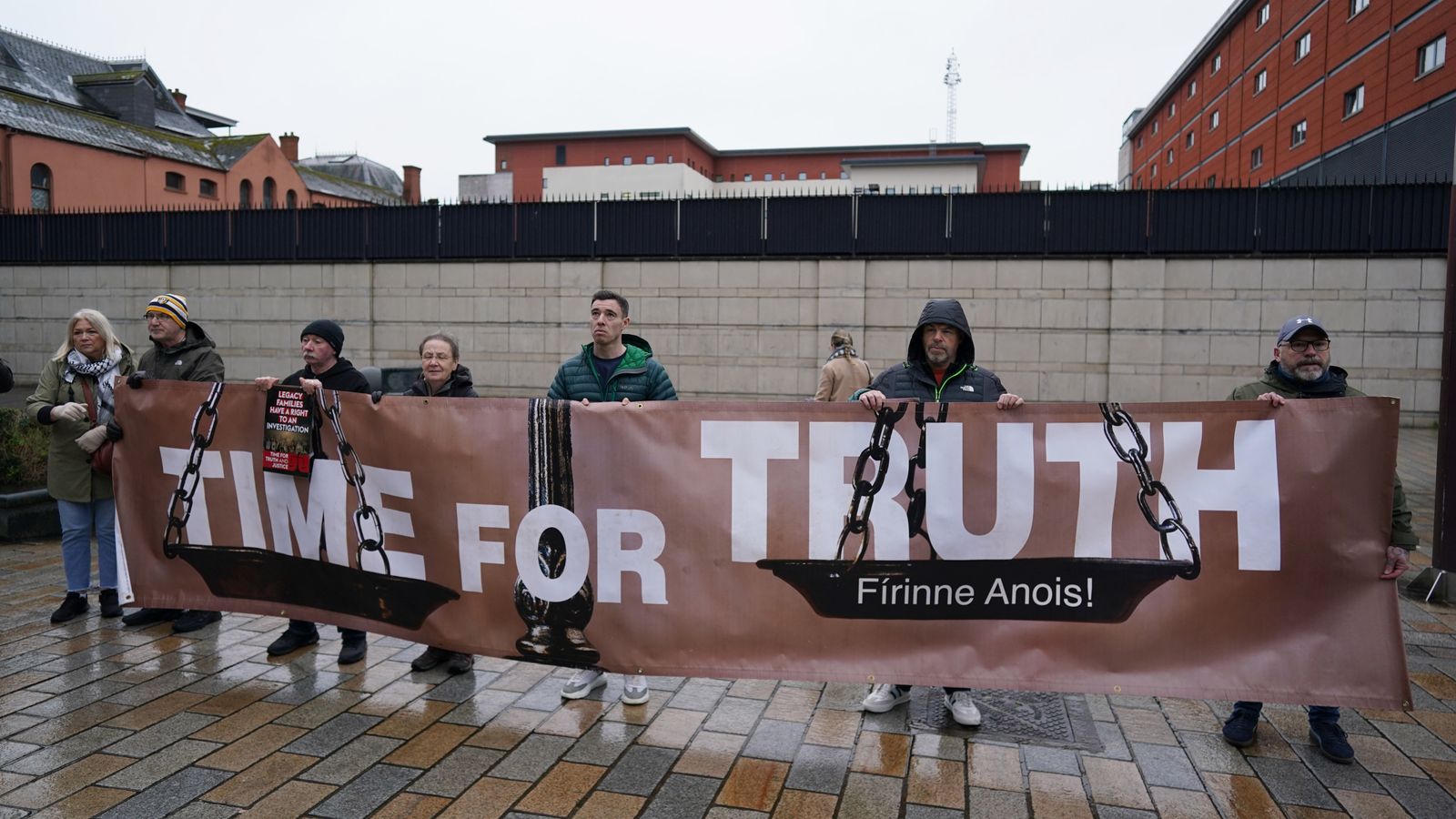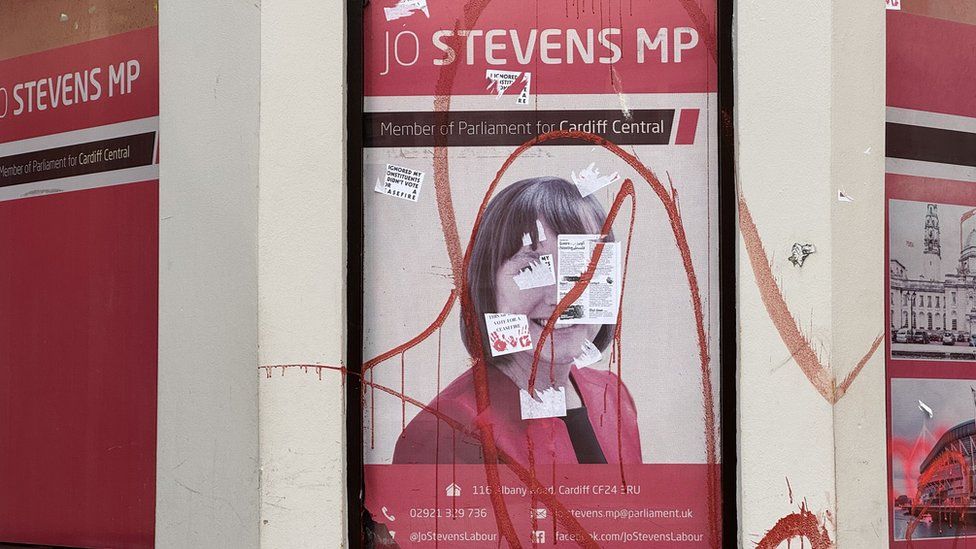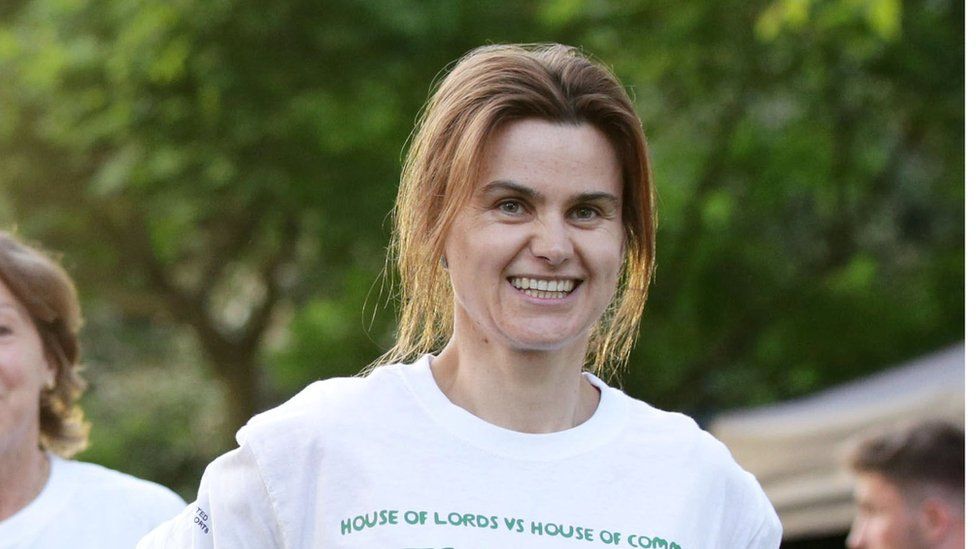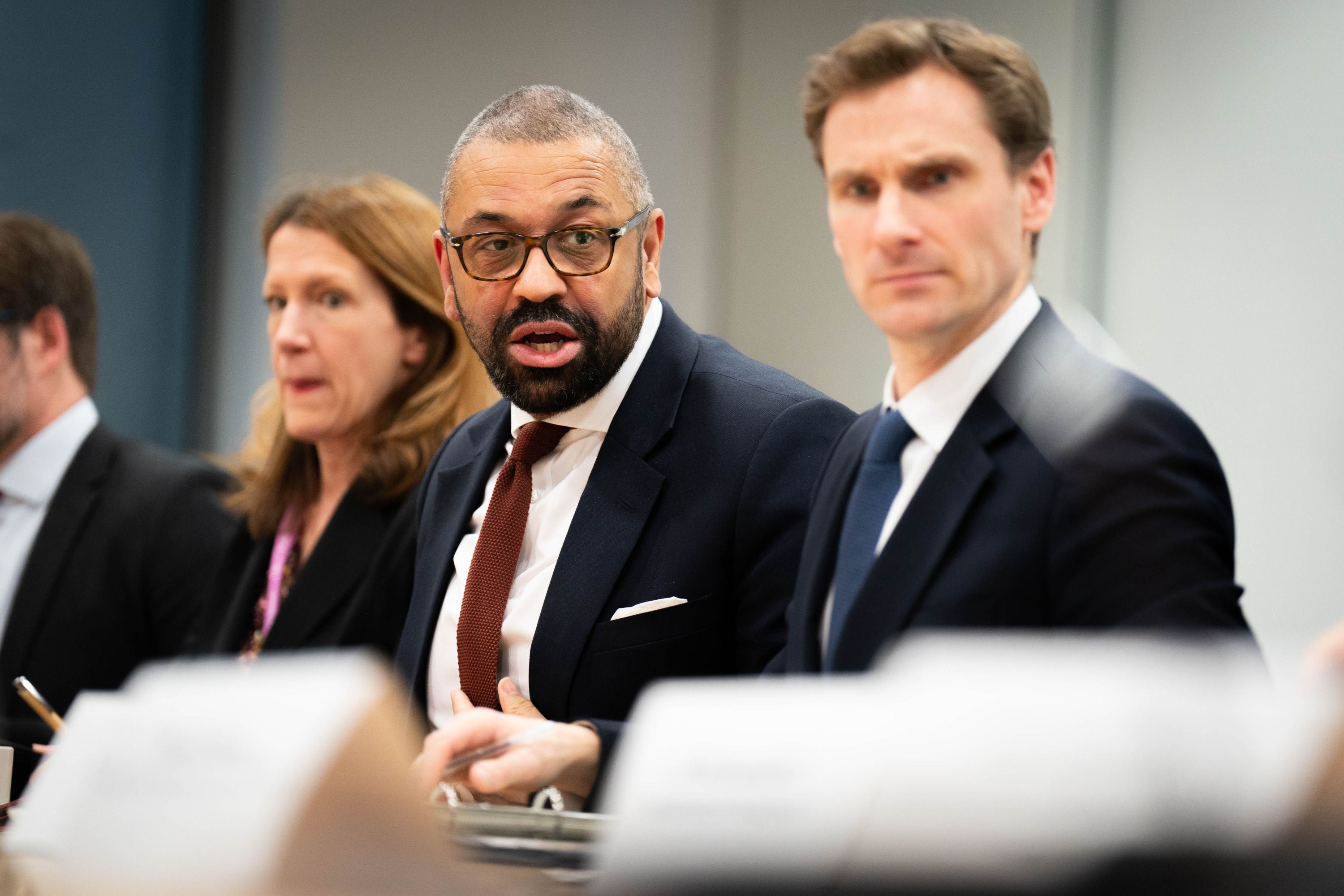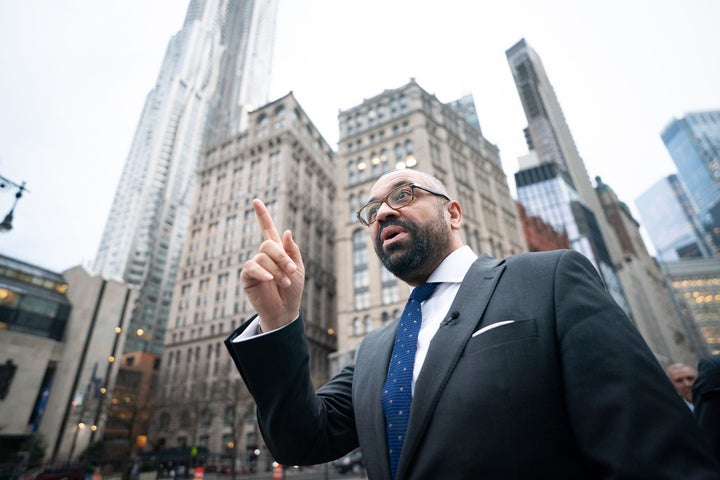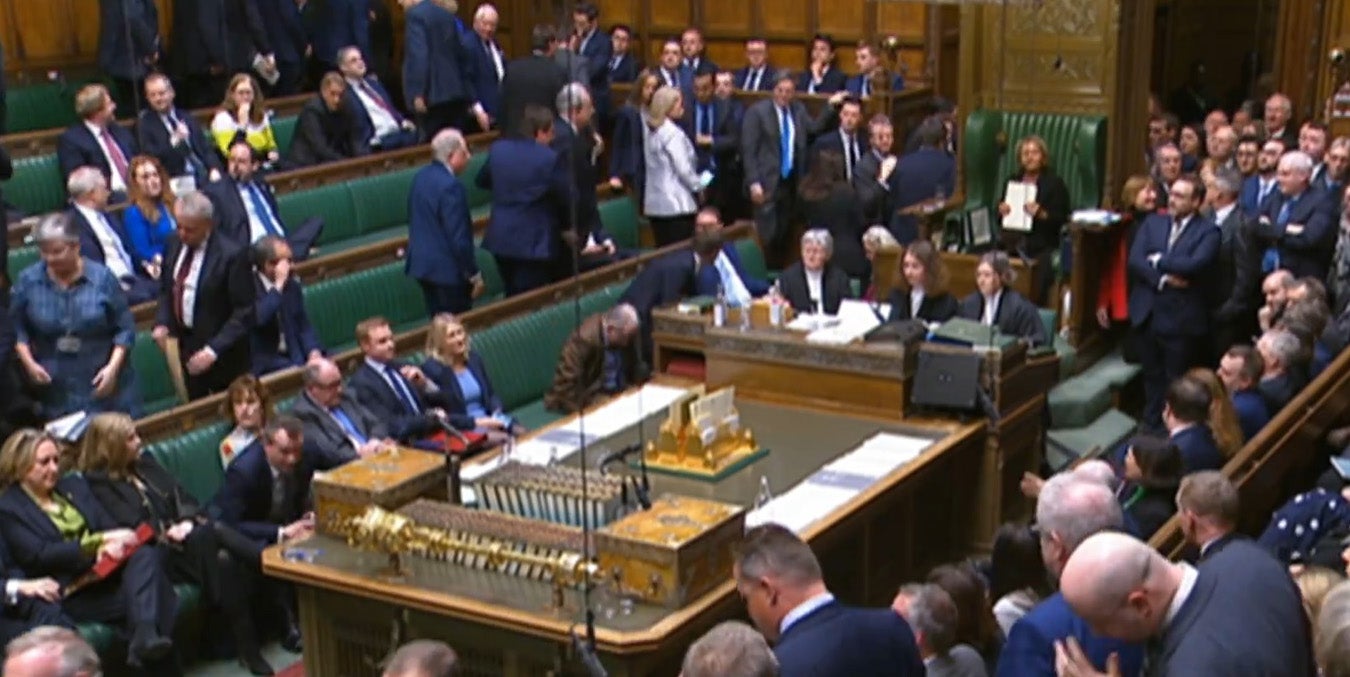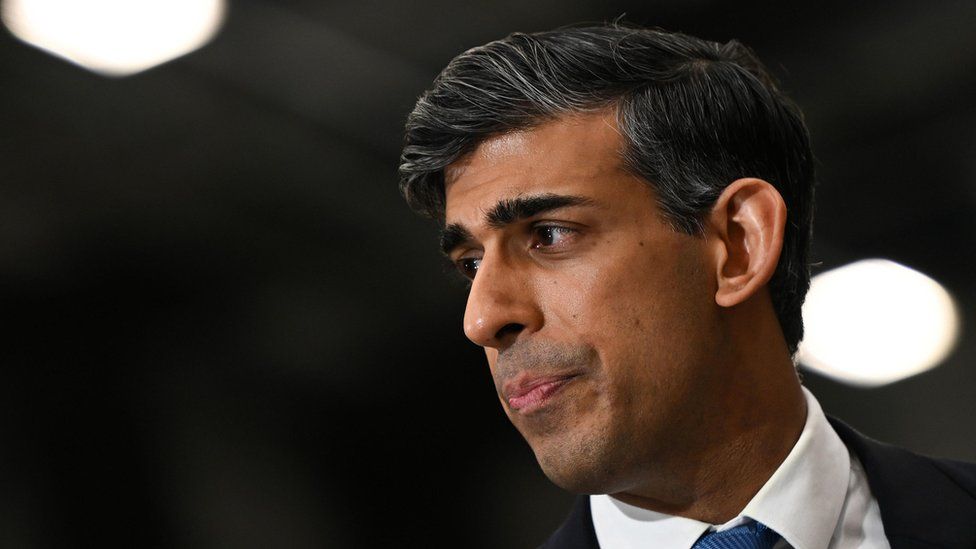
Prime Minister Rishi Sunak has warned police chiefs of a "growing consensus that mob rule is replacing democratic rule".
He wants more robust police responses that he says are needed to protect politicians and democratic processes.
This includes an "immediate response" from police to intimidatory protest at MPs' homes.
But human rights group Amnesty International says the PM "wildly exaggerates the issue".
Mr Sunak was speaking the day after the Home Office announced a £31m package aimed at protecting MPs, stating it was in response to the impact of the ongoing Israel-Hamas conflict.
Now police bosses have been summoned to Downing Street, where the PM urged them to use existing powers to crack down on intimidation, disruption and subversion "urgently".
He said: "We simply cannot allow this pattern of increasingly violent and intimidatory behaviour which is, as far as anyone can see, intended to shout down free debate and stop elected representatives doing their job.
"That is simply undemocratic... I am going to do whatever it requires to protect our democracy and our values that we all hold dear.
"That is what the public expect. It is fundamental to our democratic system. And also it is vital for maintaining public confidence in the police."
Concerns for MPs' safety came to a head last week when Commons Speaker Sir Lindsay Hoyle cited threats to politicians in his controversial handling of a debate on calls for a ceasefire in the conflict.
Police are being advised that protests outside MPs' homes and offices should generally be considered intimidatory and therefore "trigger an immediate response".
A Home Office document states: "Elected representatives have been threatened and had their family homes targeted. Council meetings have been repeatedly disrupted and, in some cases, abandoned... Last Wednesday, protestors threatened to force Parliament to 'lock its doors'.
"These are not isolated incidents or legitimate means of achieving change through force of peaceful argument... It is as un-British as it is undemocratic.
"If public confidence is to be maintained and the integrity of the democratic process is to be preserved, it cannot be allowed to stand."
The Palestine Solidarity Campaign - one of the groups behind the series of mass demonstrations held in London and other cities in recent months - has said it does not support protests outside MPs' homes but has defended the right to stage peaceful protests outside MPs' offices and council chambers.
The Labour Party is understood to believe the proposals are sensible but the PM's language is not.
Conservative Donna Jones, the chairwoman of Association of Police and Crime Commissioners, told BBC Newsnight the police do currently have enough powers - and have been using them to arrest protesters.
Ms Jones, who was at the Downing Street meeting, said: "We've all heard the message now from pro-Palestinian groups. We've heard it, we know it, we get what they're trying to say - but this type of unlawful behaviour has got to stop."
However, Del Babu, a former chief superintendent in the Metropolitan Police, said language like "mob rule" was not "helpful".
He told BBC Radio 4's Today programme that appealing to people to demonstrate less could have "unintended consequences" and potentially lead to more people protesting.
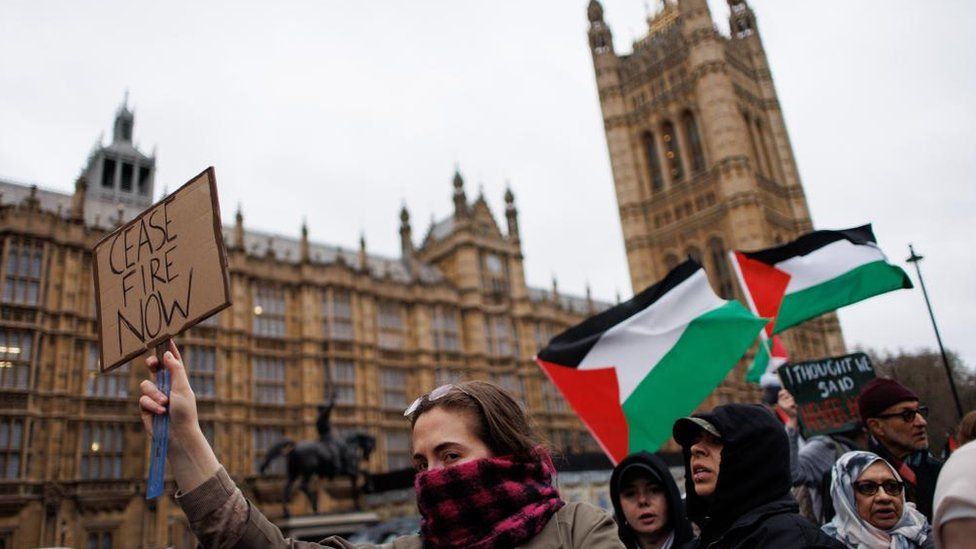
Earlier this month, Conservative MP Tobias Ellwood's home was targeted by pro-Palestinian protesters, while Preet Gill, Labour MP For Birmingham Edgbaston, said death threats had become "a norm" in her job, and Conservative Stafford MP Theo Clarke said she carried a panic button directly linked to the police "at all times".
Justice minister Mike Freer, who is standing down at the next election due to safety fears, said the extra funding for security measures would "not go to the root cause" of why people felt emboldened to target MPs.
He said unless you deal with the cause you would just have "a ring of steel around MPs" and then "our whole style of democracy changes".
Tom Southerden, Amnesty International UK's law and human rights director, warned fundamental rights were being eroded.
"Talk of 'mob rule' wildly exaggerates the issue and risks delegitimising the rights of peaceful protest," he said.
"Freedom of expression and assembly are absolutely fundamental rights in any free and fair society.
"The UK has undergone a major crackdown on protest rights in recent years, with peaceful protest tactics being criminalised and the police being given sweeping powers to prevent protests taking place."
Related Internet Links
https://news.google.com/rss/articles/CBMiL2h0dHBzOi8vd3d3LmJiYy5jby51ay9uZXdzL3VrLXBvbGl0aWNzLTY4NDI5OTAy0gEzaHR0cHM6Ly93d3cuYmJjLmNvLnVrL25ld3MvdWstcG9saXRpY3MtNjg0Mjk5MDIuYW1w?oc=5
2024-02-29 09:36:57Z
CBMiL2h0dHBzOi8vd3d3LmJiYy5jby51ay9uZXdzL3VrLXBvbGl0aWNzLTY4NDI5OTAy0gEzaHR0cHM6Ly93d3cuYmJjLmNvLnVrL25ld3MvdWstcG9saXRpY3MtNjg0Mjk5MDIuYW1w
